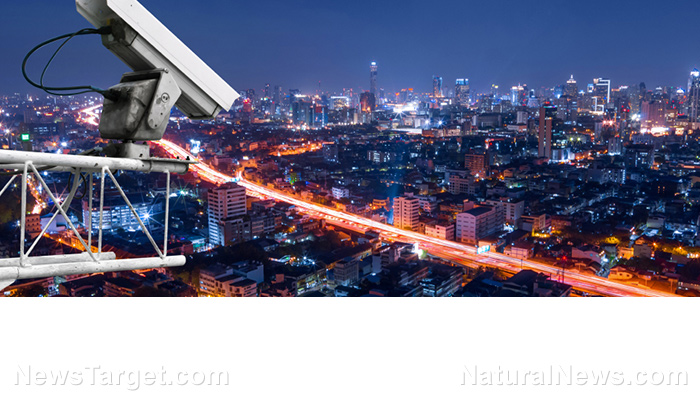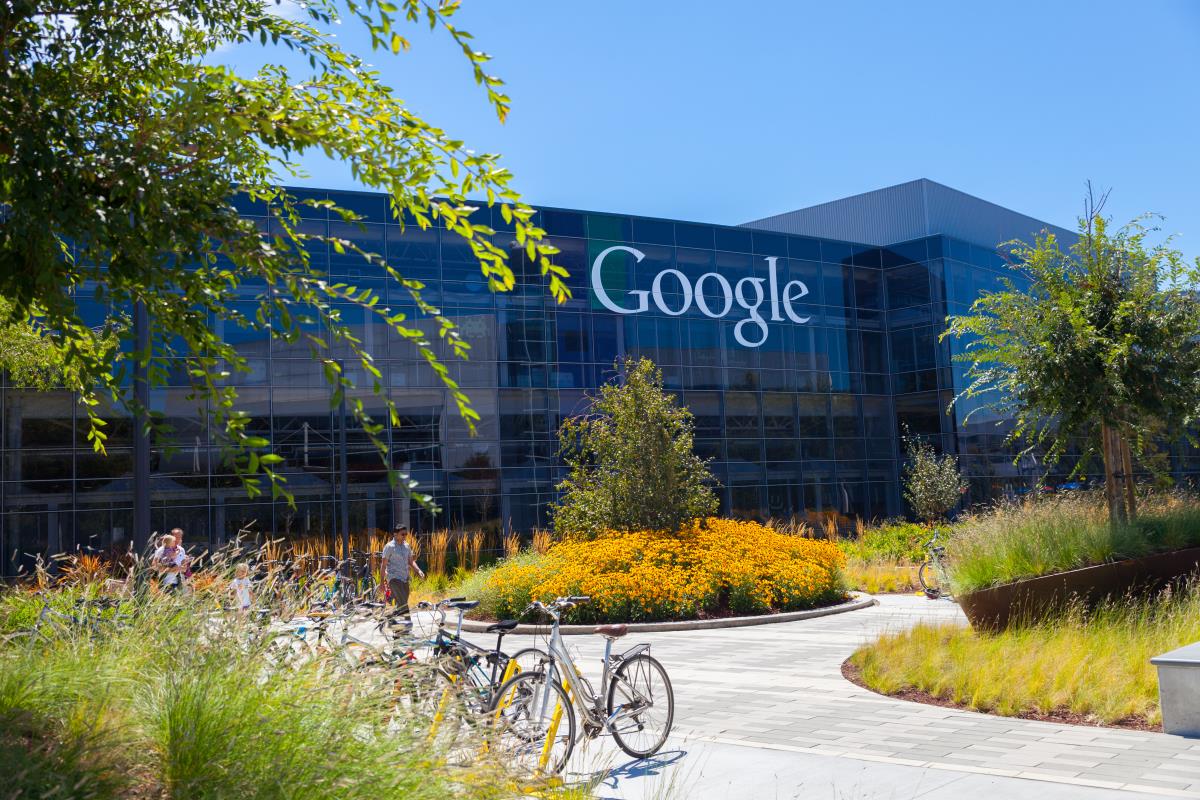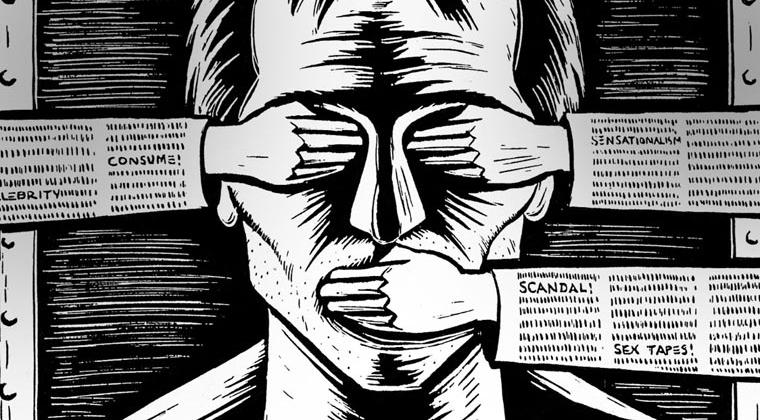Facial recognition will soon identify shoplifters and ban them from stores; experts say it’s ripe for abuse
08/02/2019 / By Vicki Batts

Facial recognition software is everywhere, from the smartphone you use to the stores you shop in — and pretty soon, it may be an unstoppable force. Experts caution that as facial recognition software expands, privacy as we know it will become even more threatened. Soon, facial recognition may be used to “identify” shoplifters and ban them from stores — including stores they’ve never even shopped in. There are grave concerns about the potential for this technology to be misused, whether through wrongful identification or flat-out malicious intent.
Concerns about the use of facial recognition software have been mounting for years, especially as the U.S. government continues to expand their own surveillance network, capturing the faces of thousands of citizens for no reason at all. Now that we are starting to see the “normalization” of facial recognition software through the application of this technology to our everyday lives, it is obvious that was once dystopian fiction will soon be reality: Big Brother will be watching you, tracking your every move.
Facial recognition is an affront to civil liberty
As the Daily Mail reports, facial recognition is poised to end civil liberty as we know it. If laws do not change quickly enough to ensure citizens’ rights, it will not be long before you cannot even walk down the street without being identified by AI.
Facial recognition technology is already being used by store owners to track and ban shoplifters, and soon, there could be databases for them to share all that information. While there is an undoubted bit of allure to banning shoplifters before they can steal from you, the problem is mistaken identity continues to be an issue for facial recognition AI. The technology is far from perfect, and facial recognition software is notorious for misidentifying women and people of color.
If experts are right, the use of these kinds of databases could put many people at risk of being penalized for crimes they did not commit. It’s bad enough to be mistaken for a criminal — imagine getting banned from every shop and store in town, even though you did nothing wrong.
Will facial recognition take over?
Worse still, however, is the fact that without legislative action, the right to walk around freely without being tracked an identified, will essentially disappear.
Neema Singh Guliani, senior legislative counsel for ACLU, told CNET, “Unless we really rein in this technology, there’s a risk that what we enjoy every day — the ability to walk around anonymous, without fearing that you’re being tracked and identified — could be a thing of the past.’
So far, experts say legislators have been unwilling to act. Jennifer Lynch, of the Electronic Frontier Foundation, says, “So far, we haven’t been able to convince our legislators that this is a big problem and will be an even larger problem in the future.”
“The time is now to regulate this technology before it becomes embedded in our everyday lives,” Lynch adds.
Once facial recognition technology is normalized, it will be too late to stop the surveillance train. Look at smartphones: If you told people 15 years ago that cellphones and search engines would one day be used by tech giants to track everything you do, from where you go to what you buy online, they’d never have believed you. Yet that is exactly what Google does today.
Just about every app on your phone wants to track your activity, and yet, most people still have a cellphone glued to their hand. Even in spite of repeated offenses against their users, millions of people are still loyal to Google and Facebook. This is because of one sheer and simple fact: These companies have integrated their products and technology seamlessly into people’s lives. Once that happens with facial recognition, all bets are off.
Learn more about the latest tech controversies at Glitch.news.
Sources for this article include:
Tagged Under: civil liberty, dangerous tech, Facial recognition, future tech, Glitch, privacy, privacy watch, shoplifting, surveillance, technology
RECENT NEWS & ARTICLES
COPYRIGHT © 2017 BigTech.news
All content posted on this site is protected under Free Speech. BigTech.news is not responsible for content written by contributing authors. The information on this site is provided for educational and entertainment purposes only. It is not intended as a substitute for professional advice of any kind. BigTech.news assumes no responsibility for the use or misuse of this material. All trademarks, registered trademarks and service marks mentioned on this site are the property of their respective owners.


















